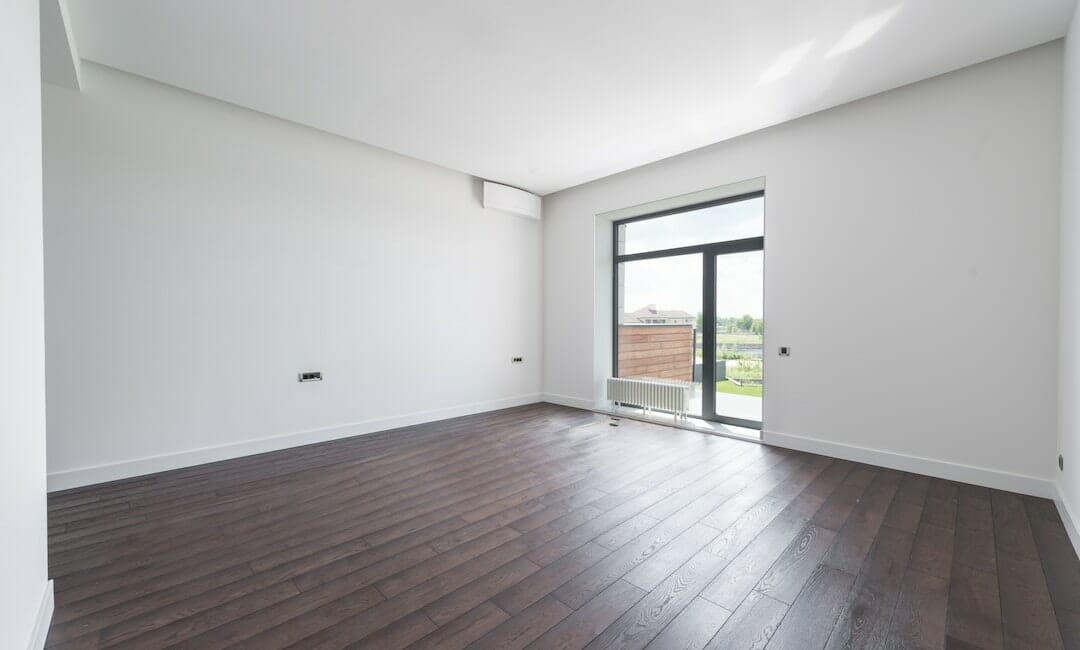The UK is looking set to enter a period of recession. We are sure this comes as no surprise for most people, but having it made official can be problematic and worrying for many. But what does a recession mean for property investors in the UK? Is a recession a good time to buy, and will it drive down house prices in the foreseeable future? This article will look at 7 key rules for buying property during a recession and everything a potential buyer should consider in the current market conditions.
What does being in a recession mean
A recession refers to a significant decline in economic activity. The country enters a recession when the gross domestic product (GDP) shrinks for two or more quarters (six months). Experts are predicting the UK will enter a recession in late 2022. The Bank of England predicts that the economy will shrink by 1% each month for the remainder of 2022, and we are likely to see further decline every quarter of 2023.
What that means for society is that the economy struggles, people lose their jobs, unemployment often goes up, retail product sales fall, and the country’s overall economic output reduces significantly. If you want to know more about the recession and its effect on all areas of our lives, check out this article from Forbes.
How does a recession affect the property market?
A recession isn’t always bad for everyone in all sectors. For example, if we take the lessons learned from the last recession of 2007, we saw the property market contract as mortgages became harder to obtain. But will a recession drive house prices down even when purchasing becomes more difficult?
Estate agents also see fewer house sales, properties staying on the market for longer than they would have previously as well as purchases and lower property valuations as a result of a recession. However, for anyone looking to purchase either a residential or buy-to-let property, this could be good news as long as the buyer can convince a mortgage or loan company they can keep up with the repayments despite the declining economic conditions.

If, despite the current recession, you are still looking to purchase a property, here are our 7 rules for buying a property during a recession.
1. Do your research
Serious buyers generally have the upper hand during a market downturn, so doing your research on average property prices in the area and recent sold prices is a must to estimate a property’s actual value. In addition, it will give you a good idea of what is a high, median, and low price for that specific area.
Many online tools are available to find out recently sold property prices by postcode. For example, this tool from OnTheMarket shows the recently sold property prices by postcode or town. You can also search for current listings on their website or other sites such as Zoopla and Rightmove to get a feel for property prices.
2. Determine why you want to buy now
If you are an investor looking to flip the house for a quick return, you might struggle to achieve the desired price point if the downward market continues for a prolonged period. On the other hand, if you are looking to invest in a buy-to-let for the long term, you could stand to make money as the rental market generally does not suffer during periods of recession and could prove to be a steady income source during uncertain times. For more information on investing in rental properties, check out our 2022 guide here, which covers everything you need to know.

3. Be ready
During periods of economic downturn, there will be more than one bargain hunter out there. So it’s essential to get all your ducks in a row to make your offer more attractive when you find your perfect property. Make sure you have, at the very least, an agreement in principle from a mortgage lender to show sellers you are a serious buyer and have a solicitor on standby to handle the incoming paperwork. If you are an investor or first-time buyer, highlight that you are not in a chain, as this might be advantageous if the seller is looking for a quick completion.
4. Work with a knowledgeable estate agent
Working with a local property expert or estate agent can give you an advantage because they will have a good idea of which properties offer the best value in the current climate. They will be able to tell you if a valuation is fair, what the competition is like and whether the owner needs to sell quickly or is holding out. They might also recognise issues with the property that need addressing before a sale is agreed upon, such as repair work needed to make the property habitable that could provide leverage for negotiation.
5. Know how to spot a motivated seller
Some sellers will be in more of a hurry to sell than others. If a seller is looking for a quick sale and the property has been advertised for a while, this could put you in a great position to negotiate the price or what is included in the sale. You can find the seller’s motivation to sell from the estate agent, and you could find out if the property sale price has decreased over time.
Also, if a property is empty when you view it, this might suggest the seller or their tenants have already moved out. These are all signs that a serious buyer with a reasonable offer could turn their head even with a slightly lower offer.

6. Don’t get involved in a bidding war
When purchasing property in a down market, it’s best not to let your emotions take over. The point of buying when the market is down is that you could stand to save money, not overpay. So have a budget and stick to it, make your offer, and state why you are the best choice (chain free, cash buyer, mortgage lined up, etc.). In summary, don’t let your emotions do the bidding.
7. Never be afraid to walk away
A downturn in the property market is a buyer’s market, not a seller’s. Unfortunately, after the property price boom in the UK over the last 18 months, some sellers might struggle to see it that way and insist on achieving their asking price. A down market generally means the price and availability of properties work in a buyer’s favour. So as above, don’t be tempted to bid higher as property availability increases. Instead, walk away and try for the next one.
Conclusion
So, is a recession a good time to buy a property? Yes – if you are buying for the right reasons and keep in mind that we are entering a buyer’s market, and you have all your ducks in a row to purchase the property. Don’t forget if you need a loan to bridge the gap whilst waiting for mortgage funds or other finances to come through, Novellus offer bridging loans to help you secure your ideal property when you need to move fast to secure the deal.


